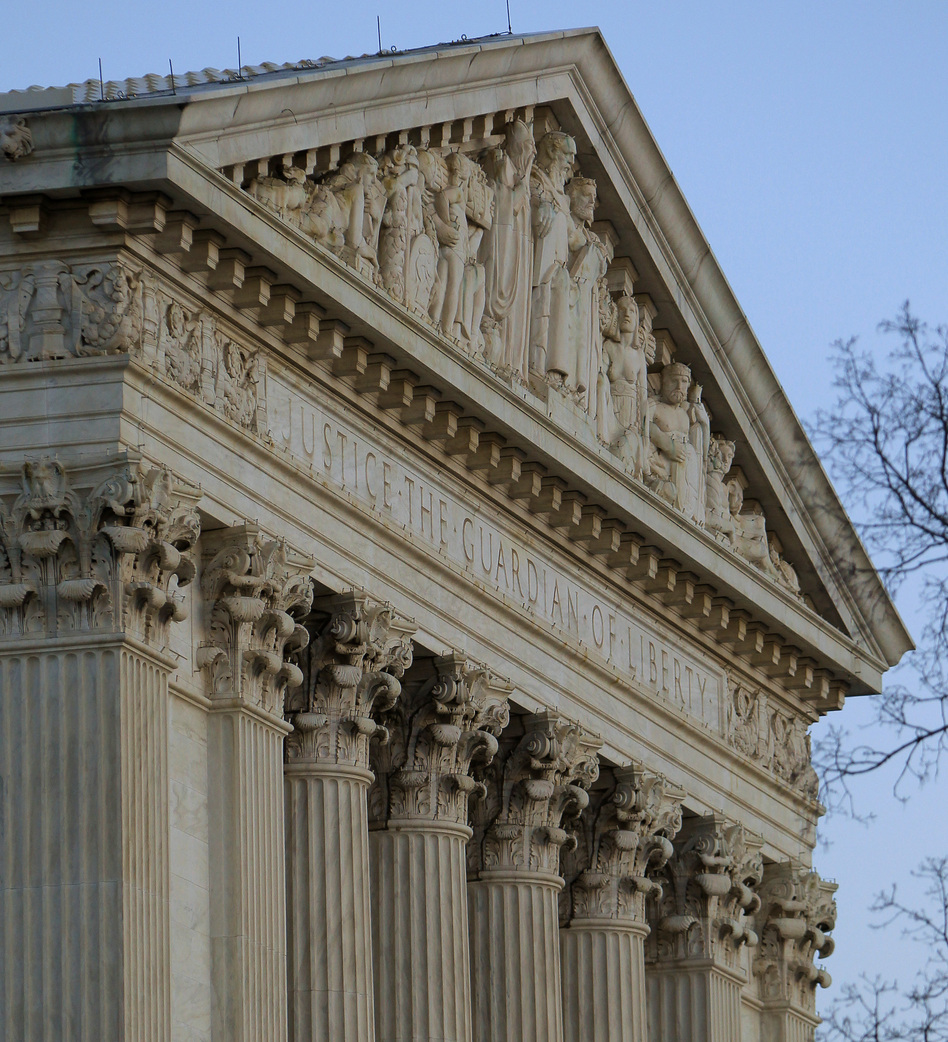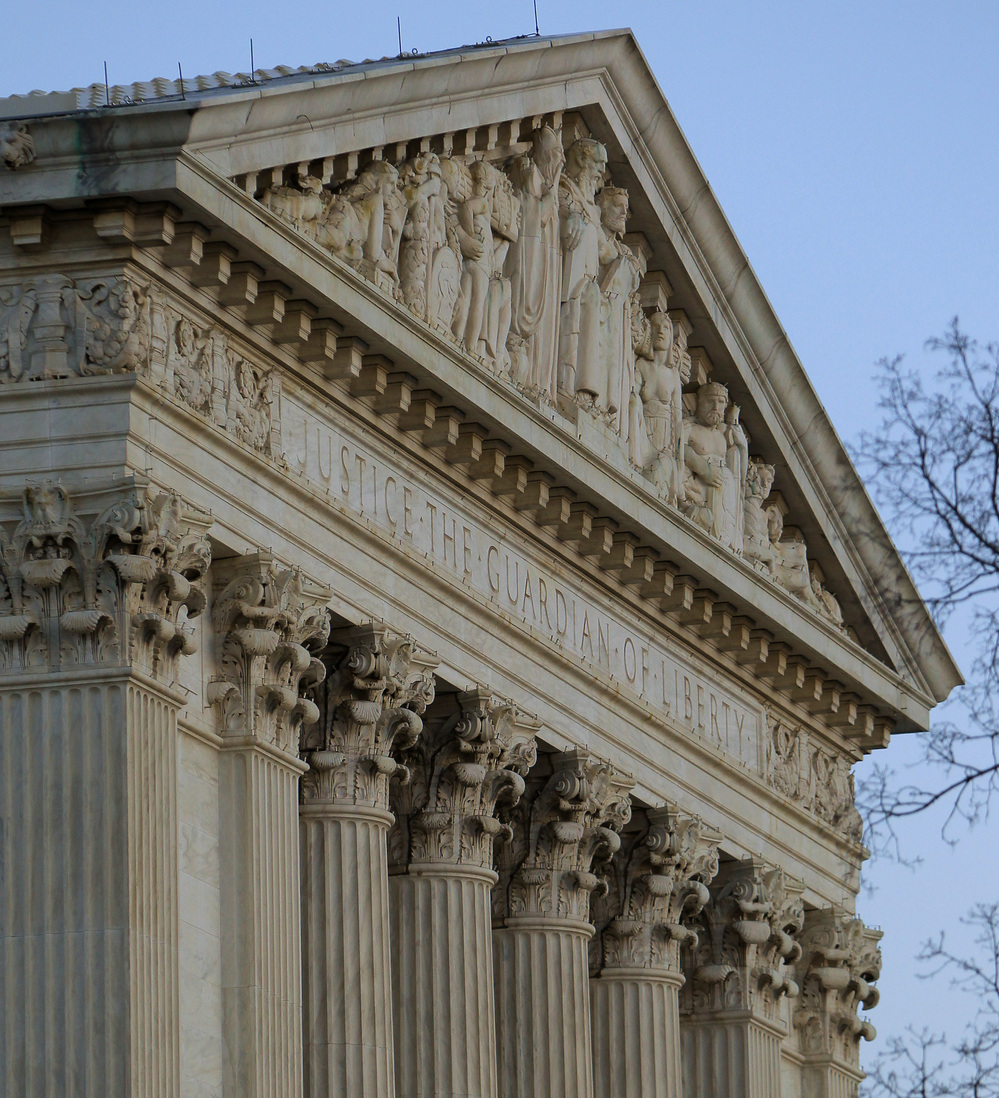'Victory' For Landowners At The Supreme Court
While the Supreme Court
decision knocking down a key provision of the 1965 Voting Rights Act is getting a lot of attention Tuesday, there's another ruling
that's going to be of high interest to property owners across the nation.
As SCOTUSblog explains, after a 5-4 decision written by Justice Samuel Alito that saw the
conservative justices in the majority and the liberals dissenting, there's a
chance that property owners' rights to challenge local land use regulations and
fees will be significantly expanded.
Koontz v. St. Johns River Water Management District revolved around
Florida property owner Coy Koontz's effort to develop some of his land. The
water management district denied his request because Koontz would not pay to
help protect some wetlands elsewhere in the area.
Florida's Supreme Court,
SCOTUSblog's Lyle
Denniston has written, ruled that the management district had not actually
"taken" anything from Koontz. He still had his property. He had only been denied
his request.
But Alito writes that the principles beneath previous Supreme Court decisions
concerning property rights "do not change depending on whether the government
approves a permit on the condition that the applicant turn over
property or denies a permit because the applicant refuses to do so."
Those principles require that a government agency's decisions have both a
"nexus" to and a "rough proportionality" between the land owner's intentions and
such plans' effects.A ruling in favor of the Florida management district would mean that such an agency could evade the principles underlying previous decisions "simply by phrasing its demands for property as conditions precedent to permit approval," Alito adds.
Justice Elena Kagan, writing for the four dissenting justices, says she agrees with Alito that the law requires government agencies to show the nexus and rough proportionality between their decisions and a property owner's wishes. But she believes it's wrong to say an agency can't require a property owner to spend some money before getting an application approved.
"The boundaries of the majority's new rule are uncertain," Kagan writes. "But it threatens to subject a vast array of land-use regulations, applied daily in States and localities throughout the country, to heightened constitutional scrutiny. I would not embark on so unwise an adventure, and would affirm the Florida Supreme Court's decision."
Reuters calls the decision "a victory for advocates of private
property rights." It sums up the case this way:
"The decision was the culmination of a more than 18-year battle by Koontz and his late father over the development of their nearly 15-acre parcel of land.
"After Florida designated much of the parcel as protected wetlands, Koontz proposed to develop about a quarter of it and dedicate the rest for conservation, only to have local officials insist that he pay money to protect wetlands elsewhere.
"Koontz said no, and a trial court awarded him $327,500 for being unable to use his property. Florida's Supreme Court then threw this award out, saying that because St. Johns never issued a permit and Koontz never spent money, 'nothing was ever taken.' "



No comments:
Post a Comment
Note: Only a member of this blog may post a comment.